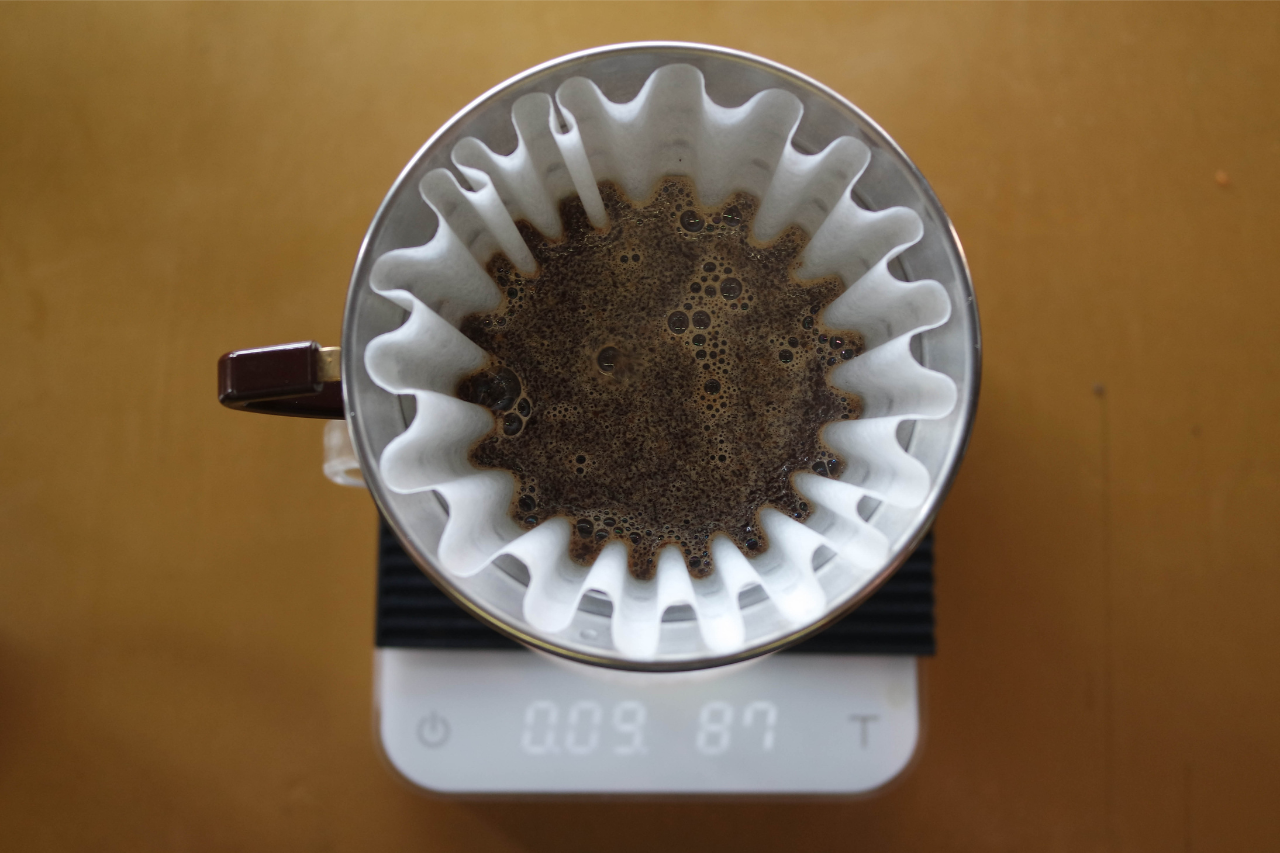

Share:
Why do you feel Hungry?
Your body has a built-in system to let you know when it needs food. This system is regulated by a hormone called ghrelin, which increases when your stomach is empty and decreases after you eat. When ghrelin levels are high, you feel hungry. When they’re low, you feel satisfied.
So why do you sometimes feel hungry even when you’ve just eaten? Several things can interfere with ghrelin levels and throw off your hunger cues. For example, if you skip meals or go too long without eating, your ghrelin levels will increase and you’ll feel hungry. Stress, lack of sleep, and some medications can also cause your ghrelin levels to rise.
On the other hand, if you eat a large meal or high-fat foods, your ghrelin levels will decrease and you’ll feel less hungry. This is why you might not be hungry for hours after eating a big Thanksgiving dinner.
If you’re trying to lose weight, it’s important to pay attention to your hunger cues and eat only when you’re truly hungry. Eating when you’re not hungry can lead to weight gain and make it harder to lose weight in the long run.
Hunger vs Appetite vs Cravings
It’s important to understand the difference between hunger, appetite, and cravings. Hunger is a physical sensation that occurs when your body needs energy. Appetite is the desire to eat, even if you’re not hungry. Cravings are intense desires to eat specific foods.
You might feel hungry even when you’re not physically hungry. This can happen for several reasons, including stress, boredom, and habit. When you’re bored or stressed, your body releases hormones that can increase your appetite. If you’re used to eating certain foods at certain times of day, you might start to feel hungry at those times even if your body doesn’t need food.
How to Curb Hunger
If you’re trying to lose weight or eat healthier, it’s important to control your hunger. There are several things you can do to curb hunger and avoid overeating.
– Eat regular meals and snacks: Skipping meals can cause your ghrelin levels to rise and make you feel hungrier. Eating regular meals and snacks throughout the day can help keep your hunger under control.
– Eat protein-rich foods: Protein takes longer to digest than other nutrients, so it can help you feel full for longer. Good sources of protein include lean meats, beans, nuts, and seeds.
– Drink water: Sometimes thirst can masquerade as hunger. If you’re feeling hungry, drink a glass of water first and see if that takes care of the problem.
– Avoid processed foods: Processed foods are high in sugar and calories but low in nutrients. Eating these types of foods can cause your blood sugar to spike and then crash, leaving you feeling hungry again soon after eating.
– Get enough sleep: Sleep deprivation can cause your ghrelin levels to rise and make you feel hungrier. Aim for 7-8 hours of sleep each night.
– Reduce stress: Stress can increase your appetite and make you want to eat even when you’re not hungry. Find ways to manage stress, such as exercise, relaxation techniques, or counseling.
If you’re struggling with hunger, talk to your doctor or a registered dietitian. They can help you develop a plan to control your hunger and eat healthy.
Ghrelin is a Hormone
Ghrelin is a hormone that’s produced in the stomach. It’s often referred to as the “hunger hormone” because it plays a role in regulating appetite.
Ghrelin levels increase when you’re hungry and decrease after you eat. This helps to explain why you feel hungry when your stomach is empty and why you feel less hungry after you’ve eaten a meal.
Ghrelin has other functions in the body besides regulating hunger. It also plays a role in promoting growth hormone release, regulating gut motility, and protecting the stomach from ulcers.
How does Ghrelin work?
Ghrelin signals to the brain that it’s time to eat. When ghrelin levels are high, you feel hungry and crave food.
Ghrelin works by binds to receptors in the brain that increase appetite. These receptors are located in the hypothalamus, which is the part of the brain that regulates hunger and thirst.
Ghrelin also increases blood sugar levels and fat storage. This is because ghrelin signals the body to prepare for a meal by increasing metabolism and blood sugar levels. After you eat, ghrelin levels decrease and hunger fades.
What are the effects of Ghrelin?
Ghrelin has several effects on the body, including:
– Increasing appetite
– Stimulating growth hormone release
– Regulating gut motility
– Protecting the stomach from ulcers
– Increasing blood sugar levels
– Increasing fat storage
Ghrelin is important for regulating hunger and helping the body prepare for a meal. However, too much ghrelin can lead to weight gain and obesity. This is because ghrelin increases appetite and fat storage.
Levels of ghrelin
Ghrelin levels increase when you’re hungry and decrease after you eat. This helps to explain why you feel hungry when your stomach is empty and why you feel less hungry after you’ve eaten a meal.
Ghrelin levels are also affected by other factors, such as stress, lack of sleep, and some medications. For example, stress can increase ghrelin levels and make you feel hungry even if you’ve just eaten.
Food intake and Ghrelin
Ghrelin levels increase when you’re hungry and decrease after you eat. This helps to explain why you feel hungry when your stomach is empty and why you feel less hungry after you’ve eaten a meal.
Weight Loss and Ghrelin
If you’re trying to lose weight, it’s important to pay attention to your hunger cues and eat only when you’re truly hungry. Eating when you’re not hungry can lead to weight gain and make it harder to lose weight in the long run.
Ghrelin levels increase when you’re hungry and decrease after you eat. This means that ghrelin can be a helpful tool for weight loss. By paying attention to your hunger cues and eating only when you’re hungry, you can avoid overeating and prevent weight gain.
Bottom Line
Ghrelin is a hormone that plays a role in regulating appetite. Ghrelin levels increase when you’re hungry and decrease after you eat. This helps to explain why you feel hungry when your stomach is empty and why you feel less hungry after you’ve eaten a meal.
Ghrelin has other functions in the body besides regulating hunger. It also plays a role in promoting growth hormone release, regulating gut motility, and protecting the stomach from ulcers.
Too much ghrelin can lead to weight gain and obesity. This is because ghrelin increases appetite and fat storage.
If you’re trying to lose weight, it’s important to pay attention to your hunger cues and eat only when you’re hungry. Eating when you’re not hungry can lead to weight gain and make it harder to lose weight in the long run.
Most Popular


What is Coffee Bloom and why does it happen?

20 Best Books Made Into Movies And TV Shows

Money Matters: 19 Best Personal Finance Books
Subscribe To Our Weekly Newsletter
Categories
Related Posts

Cute Girly College Ruled Composition Notebooks
Share: In a world dominated by digital tools and apps, the humble college-ruled composition notebook remains a steadfast ally in the quest for productivity. This timeless tool offers unparalleled benefits,

What is Coffee Bloom and why does it happen?
Share: When coffee is ground, the natural oils and aromatics are released. When these coffee grounds are combined with hot water, they create a “bloom” or foamy layer on top

20 Best Books Made Into Movies And TV Shows
Share: Nothing beats a great book-to-movie adaptation. Whether you’re a bookworm who loves to see their favorites brought to life on the silver screen, or a film buff looking for

Money Matters: 19 Best Personal Finance Books
Share: Financial planning is a key element of financial success. It can help you secure your financial future and meet any financial goals you may have. Whether you’re looking to
